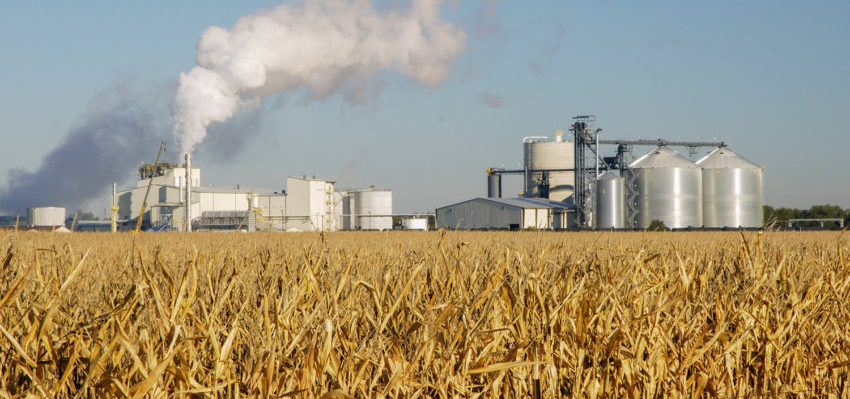
MacIver Perspective | January 9, 2017
By Brett Healy, MacIver Institute President
The following op-ed first appeared in the Wisconsin State Journal.
For more than a decade, we have heard half-baked justifications for continuing with the failed energy policy known as the Renewable Fuel Standard, only to find constant evidence that U.S. consumers, air quality and our national security are all better off without this program.
With renewed efforts underway in Washington to limit the continued damage that comes from mandating the use of corn ethanol and other biofuels in our nation’s gasoline supply, the debate endures, as seen in a recent State Journal editorial on the topic, “Biofuel still beneficial.”
It’s time for that debate, though — along with the lopsided debacle that RFS has become — to end. If we want any shot at making real clean air progress, spurring job creation and kick-starting the development of advanced biofuels, policymakers and elected leaders must take a more realistic view of how this policy failure is holding us back.
The federal government’s effort for the better part of 12 years to tip the scales, providing a guaranteed market for ethanol-blended gasoline, could possibly be described as a great experiment for a few — namely, corn farmers — but absolutely terrible for most.
The 2005 Renewable Fuel Standard may have been well-intentioned, but it quickly became a failure of epic proportions, harming businesses, consumers and the environment.
The State Journal editorial calls the ethanol mandate a “success” and claims ethanol-blended gasoline is cleaner than pure gasoline. But the University of Michigan’s Energy Institute revealed in a study that greenhouse gas emissions from corn ethanol reach as much as 70 percent higher than emissions from standard petroleum gasoline. A recent study by UW-Madison also points to the RFS as a bad idea, as the State Journal editorial mentioned, noting corn ethanol’s major emissions.
Independent research has shown us many times over that emissions from corn ethanol are detrimental to our water and terrain — from plowing the land, to harvesting and transporting the corn and, finally, to producing ethanol.
Despite the government’s meddling — picking certain well-connected special interest groups over American consumers, families and small businesses — Wisconsin voters are speaking out about this failed policy. Take, for example, Laura Timm, spokeswoman for Wauwatosa-based manufacturer Briggs & Stratton, who recently told the Journal-Sentinel that “some kind of reform or repeal is necessary” on ethanol.
Likewise, Dan Ariens of Brillion-based outdoor power equipment manufacturer Ariens Co., the American Motorcyclist Association, and ABATE of Wisconsin are all united in opposition to failed federal ethanol mandates.
And where the State Journal editorial board asserts that “domestic corn ethanol enhances national security by reducing dependence on foreign nations for energy,” we say that the revolution the United States has seen in domestic oil and natural gas production has done that much more effectively, with considerable speed. The shale revolution has not only made the RFS unnecessary, but the mandate is detrimental to our nation’s progress toward energy independence.
Read the full op-ed in the Wisconsin State Journal here.